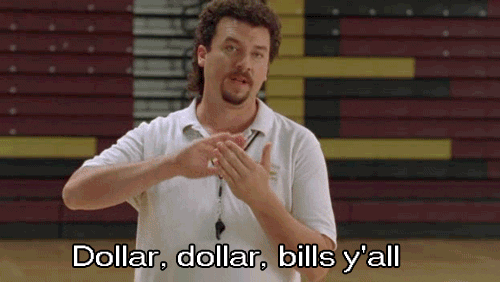Let me be frank: I’m a queer trans lady. I date across the gender spectrum, but I have a preference for women and femmes. It’s just who I am. For that reason, more often than not, I call my partners my girlfriends. Or, at least, I used to.
This past summer, I started hanging out more and more in the queer and trans communities in New York City. Fresh out of college from Rutgers University in New Jersey, the LGBT groups I was a part of had a very specific way of talking about themselves and their identity. Your partner was your boyfriend or your girlfriend, and no one questioned that. It was an extension of high school and just part of the climate.
As you can imagine, I experienced a bit of a culture shock when I first started visiting queer hangouts in Brooklyn and downtown Manhattan. Folks were a little older than me, had more life experiences, and had lived in New York for a very long time. New words and ideas came up, as well as new ways of thinking about our identities. Sometimes arguments broke out, like the use of the word “lady” in trans spaces. Most important of all, though, was the way people talked about their significant others. In New York, the term “partner” is very popular to describe a given person’s significant other or others. And at first, that was strange to me. You call your lover your partner?
One of the reasons why “partner” was so odd to me was because “girlfriend” and “boyfriend” were popular words in the college environment I experienced throughout my four years at Rutgers. In the queer community there, “girlfriend” and “boyfriend” seemed like apolitical ways to describe your partners. It didn’t really matter if your relationships were serious or casual, purely romantic or strictly sexual—if you were seeing someone, you were a boyfriend or a girlfriend. That’s pretty much all there was to it. You referred to your significant other as a boyfriend or girlfriend, they referred to you as a boyfriend or girlfriend, and your friends used those words, too. At first glance, it seemed there was an implicit understanding that dating is complicated, and that some relationships were more serious than others. But no one critically thought about the word “boyfriend” or the word “girlfriend.” As terms, they just seemed to make sense.
In retrospect, there was a lot more going on under the surface. In fact, now that I’m outside of college, it’s pretty clear what kinds of problems emerge right away from using “boyfriend” and “girlfriend” to describe your romantic and sexual partners.
For one, there’s no room for people who identify outside of the gender binary. If you’re non-binary or genderqueer, “girlfriend” and “boyfriend” are constant reminders that society largely sees gender in terms of “man” and “woman,” with no sense of identity between the two spectrums. That’s incredibly dehumanizing. It’s hard to find a midway point that other people—especially straight friends and family members—will remember, so gender nonconforming folks are essentially pushed out of traditional language on dating altogether.
Meanwhile, many of the romantic and sexual relationships we engage in as queer people are complicated to explain to people outside of the community. But for straight people, “boyfriend” and “girlfriend” try to take queer relationships and place them back into a familiar, normative, and—more often than not—heterosexual dynamic. This raises all sorts of complicated issues where “girlfriend” and “boyfriend” fail to represent your relationship dynamic. If you’re a lesbian dating another girl, are you still “girlfriends” if your relationship is just a casual fling? If you go out for long walks in the park and prefer romantic time together, but mutually agree not to date, are you still "girlfriends?" Those considerations don’t come into play when you call someone your girlfriend or your boyfriend. The assumption is that two people are together and their relationship, for the most part, follows a script that was pre-designed outside of the queer community. There’s no room for flexibility in describing our reality.
So as I’ve been broadening my mind to different kinds of words and ideas that people experience in the queer community, I’ve figured something out: “partner” is a perfect alternative to all the problems that “boyfriend” and “girlfriend” cause. It’s a neutral term without many implications attached along with it, essentially letting you fill in the blanks as you go. It’s great for so many reasons.
For one, there’s no pressure to conform to the standards of being a “boyfriend” or “girlfriend.” Do you have a preference for clubbing and hook-ups, as opposed to intimate romantic relationships? That’s fine, “partner” has you covered. Are you and your partner outside of the gender binary, and can’t find a way to describe each other? “Partner” is an inclusive term throughout genders. Likewise, if you’re in a poly relationship where some partners are more serious than others, “partner” is a great catch-all for that situation, with less pressure placed on individual people to be romantically or sexually attached to you. The great thing about the term is that you and your partners get to define what it means, and that’s a really empowering experience; one that using “boyfriend” and “girlfriend” simply doesn’t provide.
Not to mention, life happens. Whether it’s accessing medical records or talking to extended family, sometimes other people pry into our personal lives in unexpected or uncomfortable ways. In a pinch, those emergency circumstances can be hard to navigate. But “partner” is a discreet term that can be great to use if you’re in the closet, not ready to come out, or otherwise feel unsafe disclosing your sexuality or partner’s gender in a given moment. In uncertain circumstances, “partner” can be so much safer to use than “girlfriend” or “boyfriend.”
Of course, that’s not to criticize people who prefer calling their partners “girlfriends,” “boyfriends,” or any other mixture of “-friends.” Words are complicated, everyone has a different relationship with them. A word that might be empowering to one couple might be disempowering to another, and that’s more than understandable. You do you.
But it’s important to think about the words we use, the histories they have behind them, and what kind of connotations they bring into play. “Boyfriend” and “girlfriend” both imply something pretty serious, and it’s a word that’s more often than not a cornerstone of describing heterosexual romantic and sexual relationships. It’s fine to find another word if you want to escape that dynamic; in fact, it’s a great idea to do so. New words allow us to create new ways of describing ourselves, our community, and the people we care about inside of it.
So as the summer comes to a close and college starts again, consider describing your significant others as “partners.” I know I will, because it feels right to me. And maybe it does to you, too.
















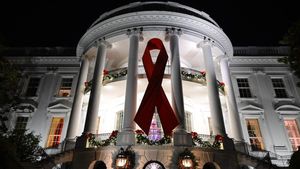



























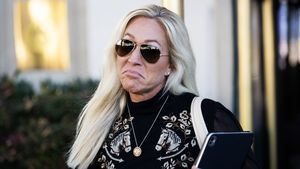


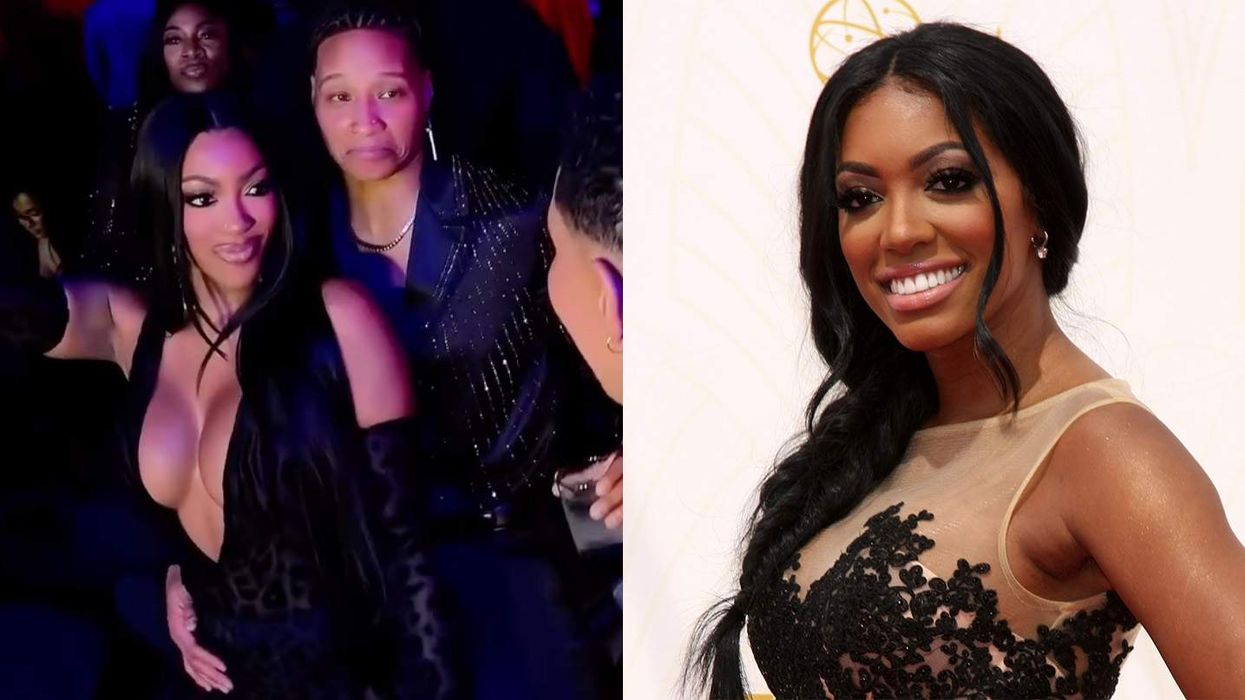







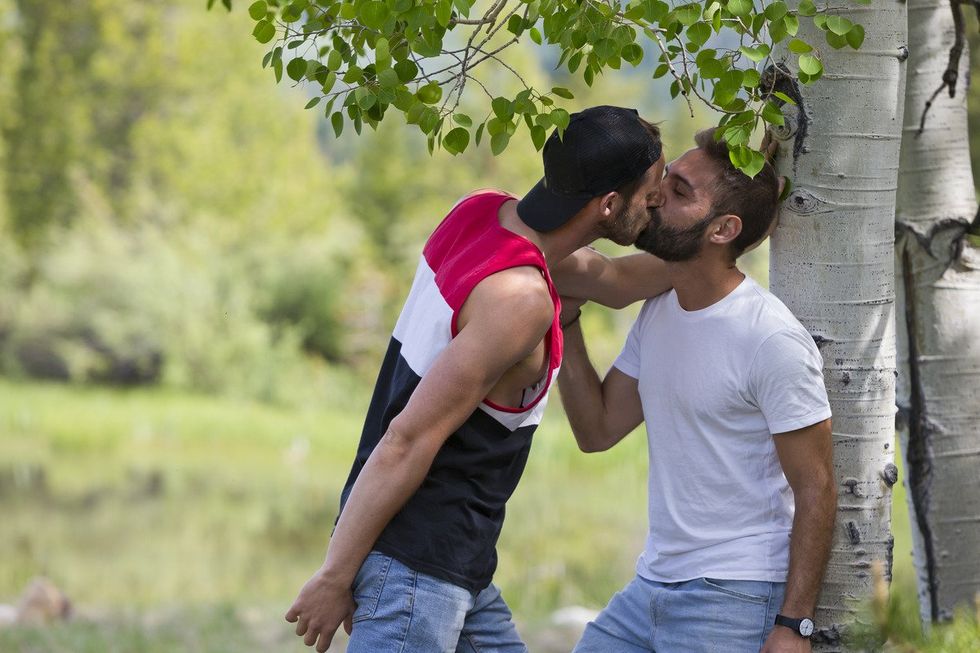




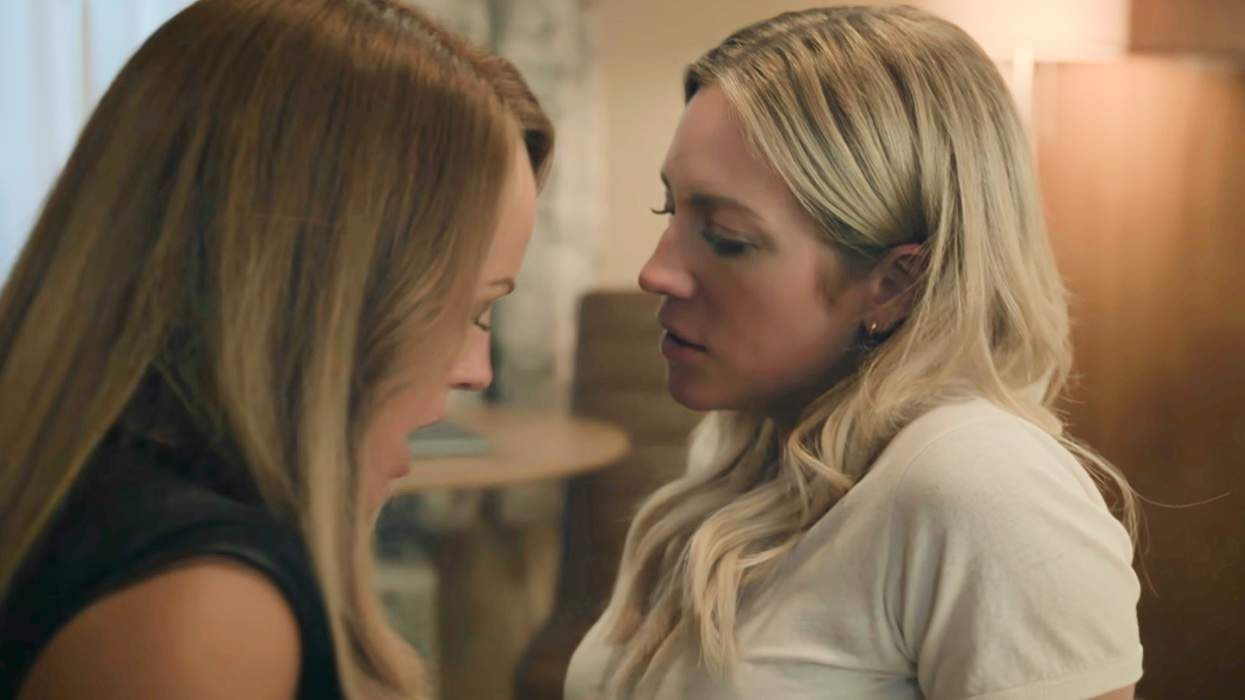





 Strike A Pose Mic Drop GIF by FILMRISE - Find & Share on GIPHY
Strike A Pose Mic Drop GIF by FILMRISE - Find & Share on GIPHY Schitts Creek No GIF by CBC - Find & Share on GIPHY
Schitts Creek No GIF by CBC - Find & Share on GIPHY